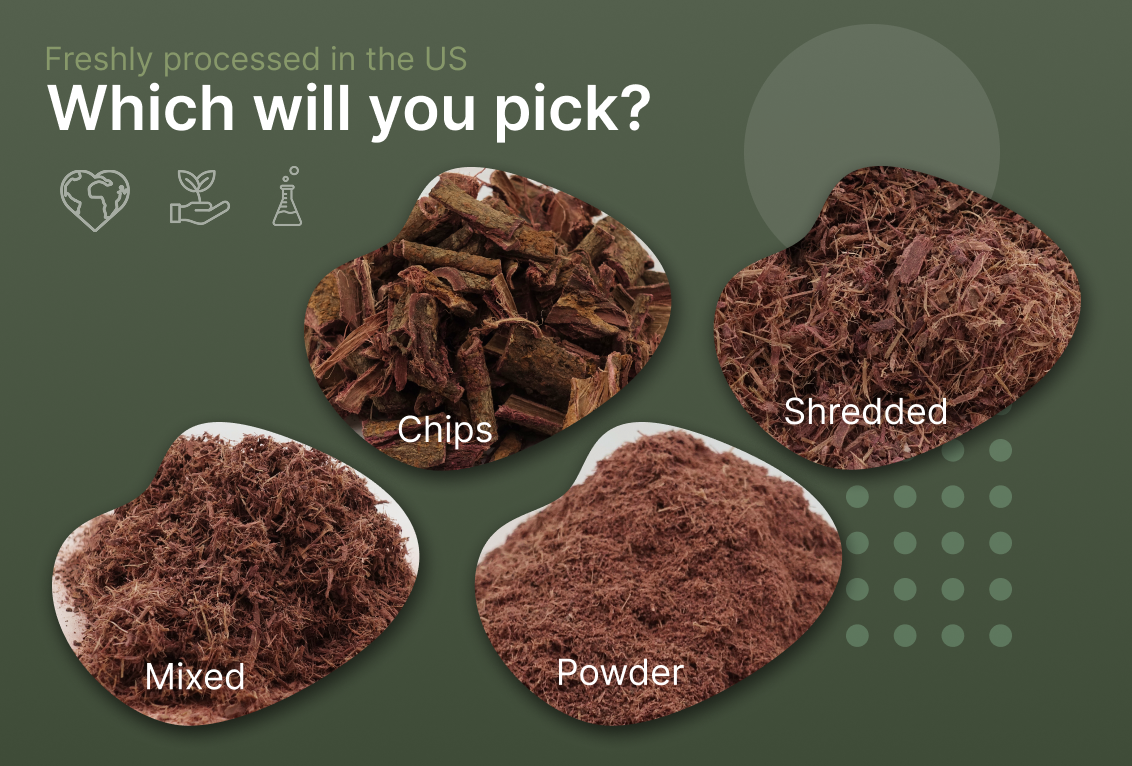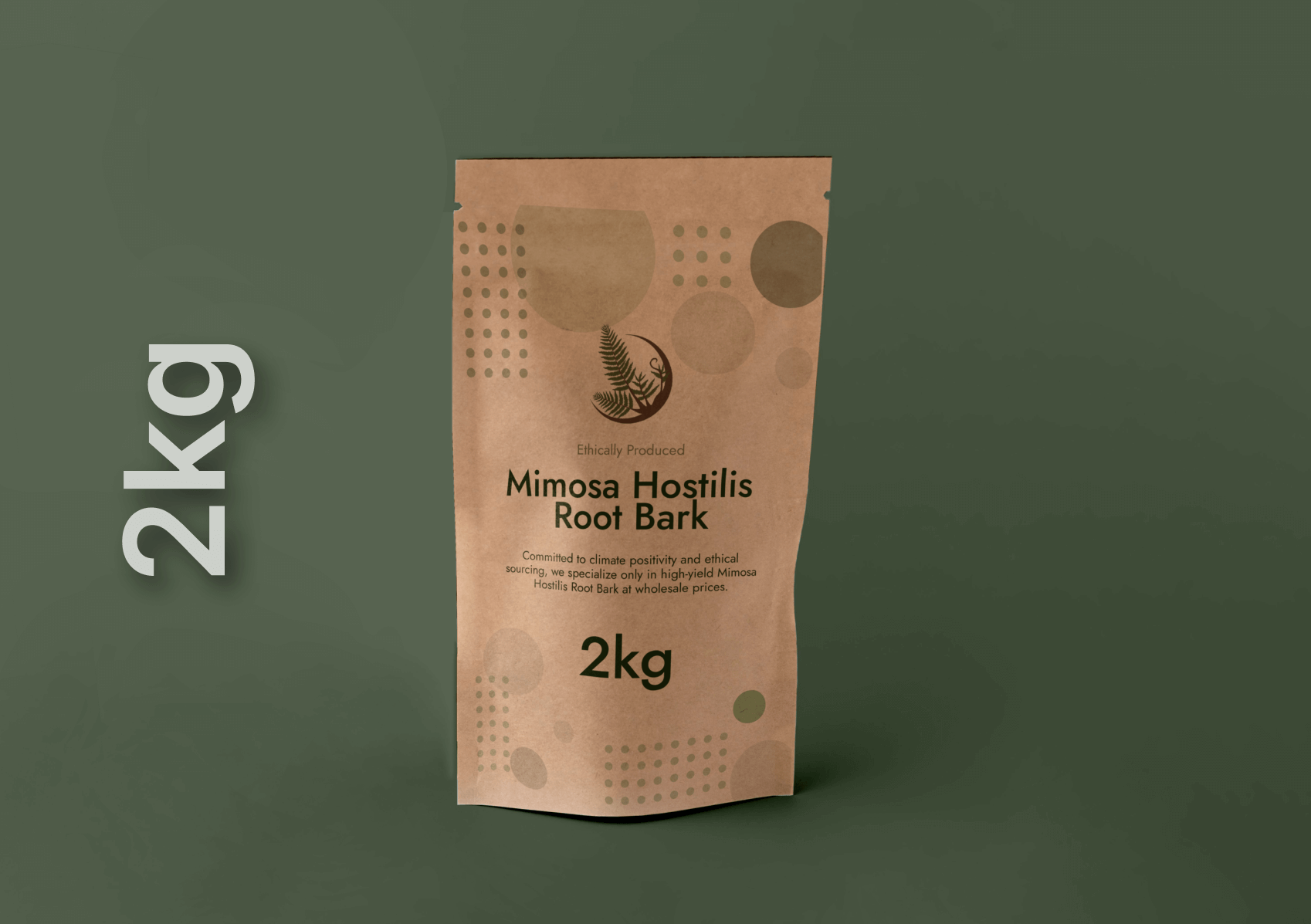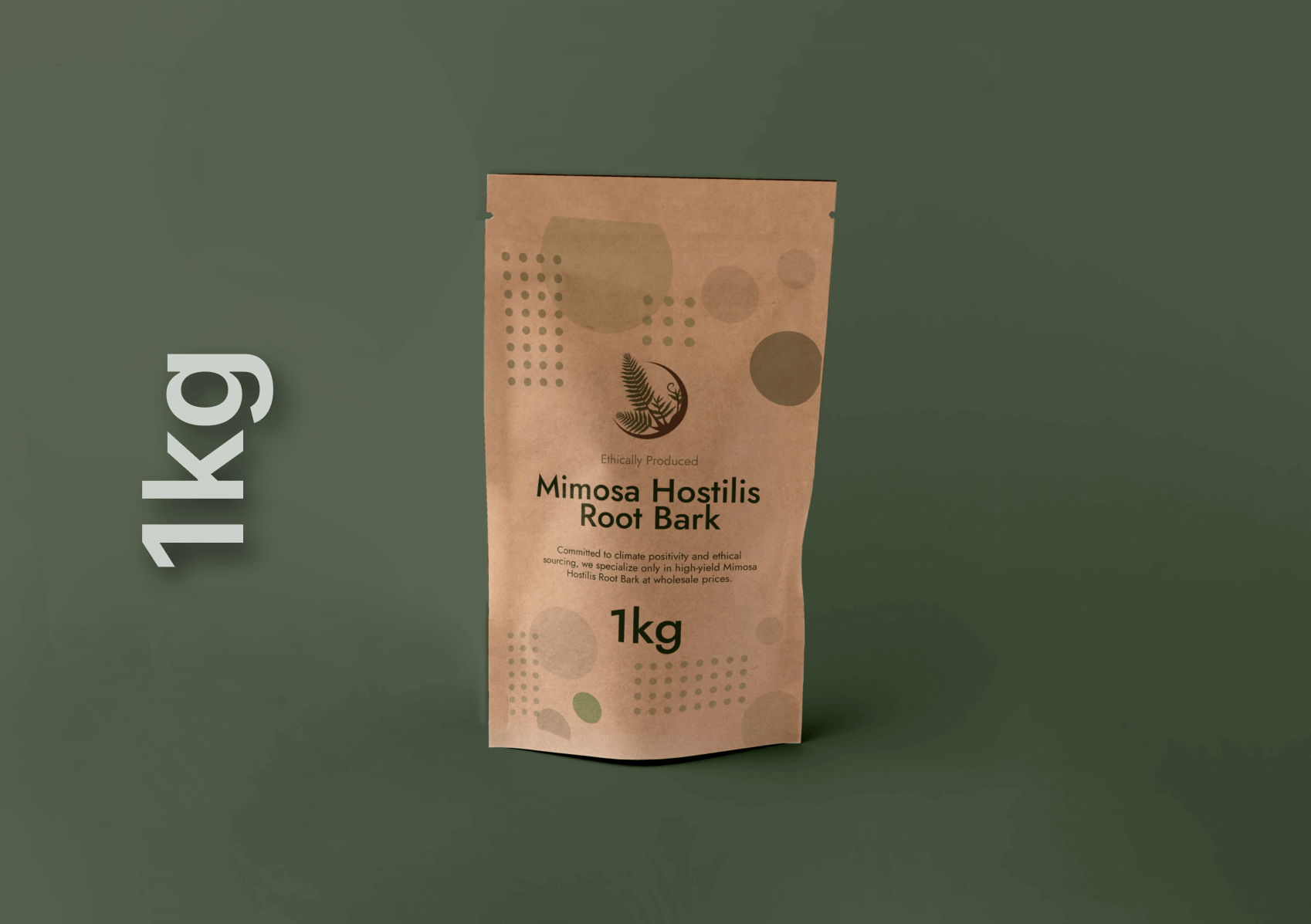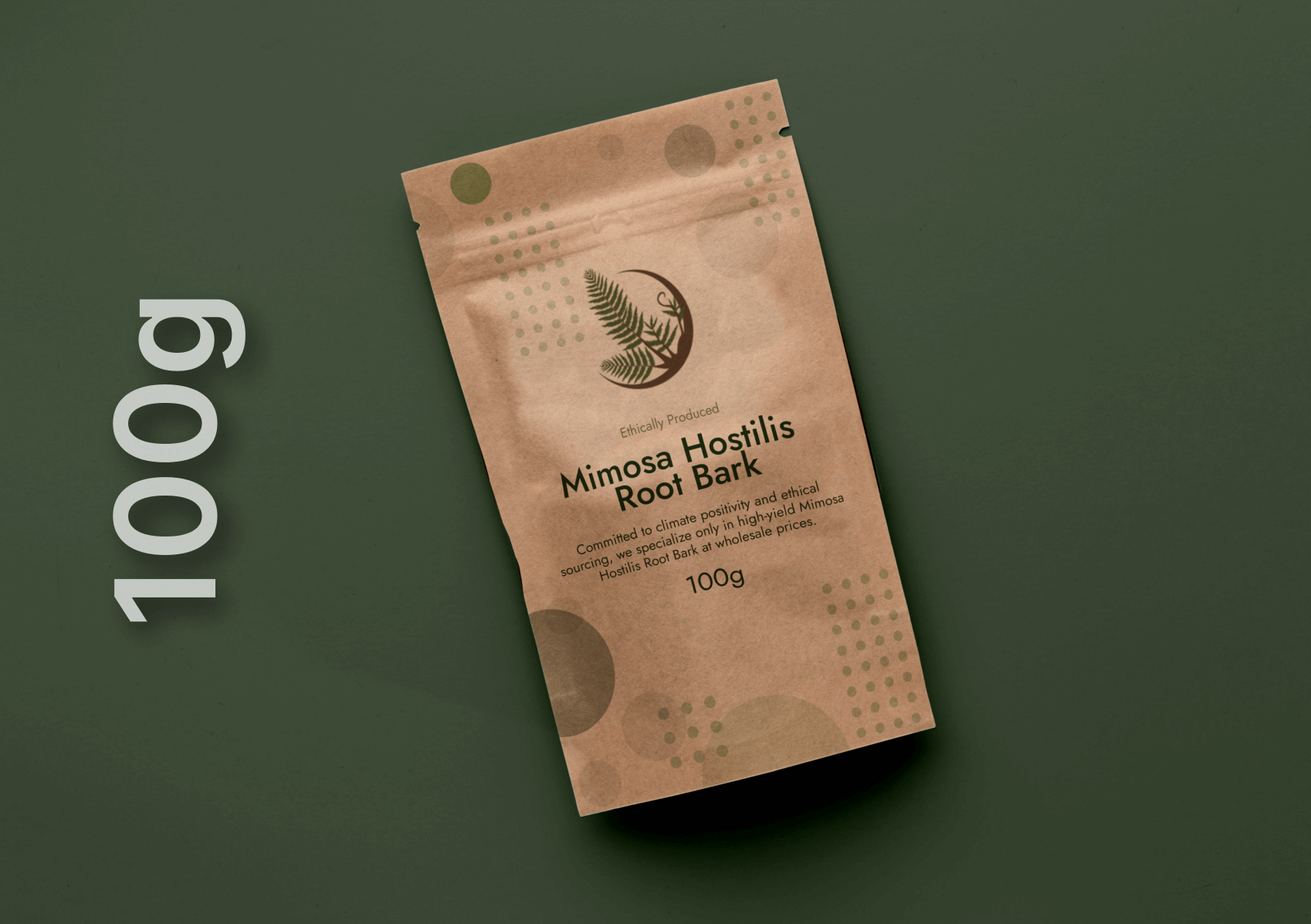Introduction
Brazil’s rich biodiversity and vast forests have long been crucial to the global environment. Among its many natural resources, sustainable tree farming is emerging as a vital strategy in the fight against climate change. Mimosa Hostilis, a native species with deep cultural and economic significance, is at the forefront of these efforts. Alongside other sustainable tree farms, Mimosa Hostilis farming offers a promising solution to deforestation, carbon sequestration, and ecological restoration.
The Importance of Sustainable Tree Farming
Sustainable tree farming is a practice that balances the economic benefits of forestry with environmental stewardship. In Brazil, this approach is particularly crucial given the ongoing challenges of deforestation and habitat loss. By cultivating trees like Mimosa Hostilis, farmers can restore degraded lands, enhance biodiversity, and sequester carbon dioxide, all while generating income and supporting local communities.
Mimosa Hostilis: A Model for Sustainability
Mimosa Hostilis, also known as Jurema Preta, is a resilient tree that thrives in the semi-arid regions of northeastern Brazil. Its root bark is highly valued for its medicinal properties, natural dyes, and cultural significance in indigenous rituals. Sustainable farming of Mimosa Hostilis involves careful land management, ensuring that the harvesting of its bark does not harm the tree, allowing it to regrow and continue benefiting the environment.
The cultivation of Mimosa Hostilis not only supports local economies but also plays a crucial role in carbon sequestration. Trees absorb carbon dioxide from the atmosphere, storing it in their biomass and soil, thereby reducing the overall concentration of greenhouse gases. Sustainable farming practices enhance this process, making tree farms a powerful tool in the fight against climate change.
The Broader Impact of Sustainable Tree Farming
Beyond Mimosa Hostilis, sustainable tree farming in Brazil encompasses a variety of species, each contributing to the ecological and economic landscape. These farms help restore degraded lands, promote biodiversity, and provide habitats for wildlife. By maintaining a balance between harvesting and replanting, sustainable farms ensure that forests can continue to provide their essential environmental services for generations to come.
Moreover, sustainable tree farming offers a renewable source of raw materials for industries such as timber, medicine, and natural dyes. This reduces the pressure on natural forests, helping to curb deforestation and protect Brazil’s unique ecosystems.
Conclusion
Sustainable tree farming in Brazil, particularly with species like Mimosa Hostilis, represents a harmonious blend of economic viability and environmental responsibility. By fostering these practices, Brazil can continue to combat climate change, protect its rich biodiversity, and support the livelihoods of local communities. As global awareness of climate change grows, the role of sustainable tree farming will become increasingly vital in preserving our planet for future generations.




